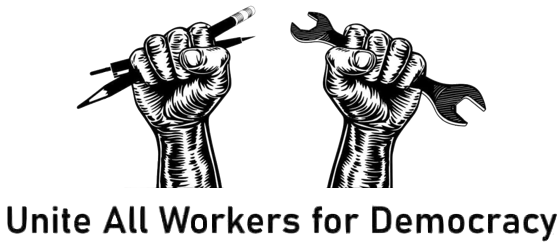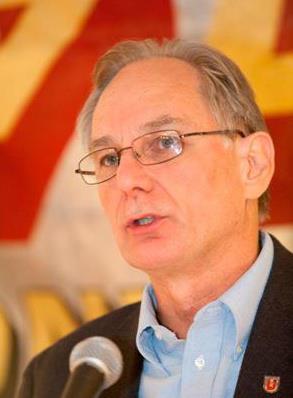After former Auto Workers President Gary Jones pleaded guilty in June to charges of embezzling more than $1 million in union funds, the years-long federal investigation into corruption by senior UAW officials is set to move to a new phase.
The government has named the UAW itself as a co-conspirator. That creates a probability that the Department of Justice will bring a case against the union under the Racketeer Influenced and Corrupt Organizations (RICO) Act—a maneuver that could result in a government takeover of the union.
Within the UAW, a movement of rank-and-file members known as Unite All Workers for Democracy (UAWD) is arguing instead for the path taken by the Teamsters in 1989, when that union faced a similar possible government takeover.
For decades, the Teamster leadership had been notorious for its corruption and connections to the mob. Thirty years ago, the U.S. government prosecuted the union under RICO. But Teamsters for a Democratic Union (TDU), a reform group within the union, strongly opposed a government takeover and argued that the best anti-corruption program would be giving members the right to directly vote for the union’s top leadership.
And TDU won!
In 1989, the Department of Justice reached a consent agreement with the Teamsters that mandated the direct election of top officers and created a court-supervised review board to hunt down corruption and oversee elections.
Now the UAW finds itself in a similar situation. UAWD has been pushing to amend the UAW Constitution and mandate the direct election of top officials through a “one member, one vote” system—just like the Teamsters have (as do the Steelworkers, Machinists, Postal Workers, and Laborers).
To learn about TDU’s history and how its members organize, and to dispel some of the criticism and concerns about one-member, one-vote elections, UAWD co-founder Justin Mayhugh interviewed Ken Paff, one of the founders and the longtime national organizer of TDU.

